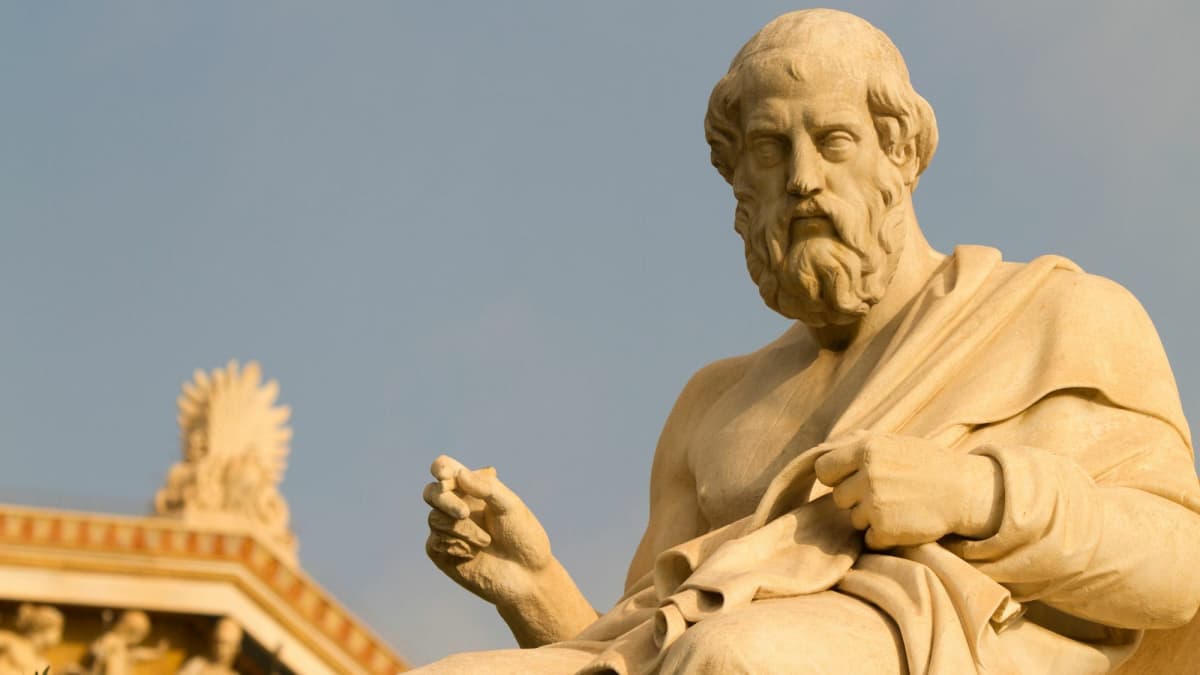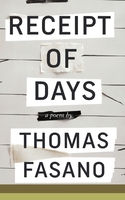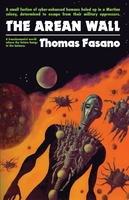Five Great Dialogues of Plato


At the time of his trial and execution in 399 BC, Socrates had reached the age of seventy. He had lived through the Periclean Age when Athens was at the pinnacle of Imperial power, then through twenty-five years of war with Sparta and Athens’ defeat in 404. He did, however, live to see the restoration of democracy. For most of that time he was a well-known character in the streets of Athens, speaking to anyone who’d listen to his philosophy of life. His mission, which he explains in the Apology, was to expound the idea that man was responsible for his own moral attitudes.

Benjamin Jowett’s translations in this volume give Plato’s account of Socrates’ trial and death. Euthyphro is a kind of introduction to Plato’s account of Socrates’ speech to the jury in his own defense. Crito gives the account of how Socrates could have escaped into exile but refused. Meno shows Socrates debating Meno on the nature of human virtue and questioning Meno’s slave boy on a question of geometry in order to prove the preexistence of the soul. Phaedo gives the account of Socrates’ last discussions with his friends on the immortality of the soul.











